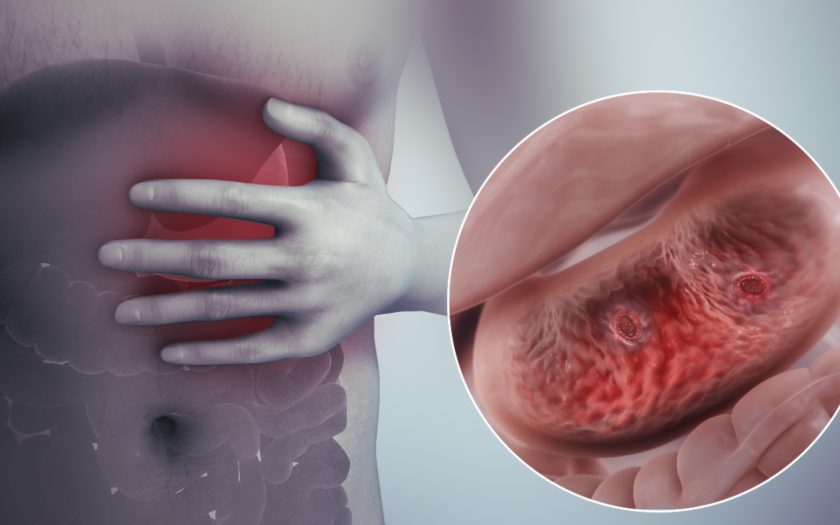-
Consume warm food.
Warm food has a less aggressive effect on the stomach lining compared to hot or very cold dishes, which helps reduce the risk of irritation and inflammation. Such meals are better absorbed, promoting more effective digestion and reducing the load on the stomach. Additionally, consuming cold food can cause cramps and discomfort, while warm food usually provides more comfort. Warm food can also be more appetizing, which is important for those who have nutrition issues due to ulcers. Thus, consuming food at a comfortable temperature can alleviate ulcer symptoms and promote recovery.
-
Spend more time outdoors.
Being outdoors improves blood circulation, which helps reduce inflammation. Nature walks also encourage physical activity, which is good for digestion. Additionally, time spent outside can boost mood and enhance overall well-being. The sunlight you receive aids in the production of vitamin D, crucial for strengthening the immune system. Therefore, if you have a stomach ulcer, try to spend more time outdoors, as it is an important part of the healing process. However, it’s important to always bring food with you, as there may not be places nearby to buy the necessary products when you need to eat and take your medications.
-
Do foot charging.
Exercises for the legs help improve blood circulation in the lower extremities, positively affecting overall circulation in the body. Additionally, when you perform specific exercises for the soles, your whole body relaxes, reducing anxiety that can trigger flare-ups of ulcer symptoms. Relaxing the soles also contributes to strengthening the leg muscles, which can improve balance and coordination. In turn, normalizing coordination promotes better digestion and reduces unpleasant symptoms.
-
Pay attention to your posture while eating.
Proper posture reduces pressure on the stomach, helping to avoid reflux and heartburn. Sitting up straight improves intestinal peristalsis, aiding better digestion and reducing the risk of bloating. Incorrect positions, such as leaning forward, can cause cramps and abdominal pain. Comfortable posture also helps reduce stress, which is important for people with ulcers, as stress can worsen symptoms. Choose a comfortable chair that supports your back. If necessary, use a cushion for additional comfort. Create a calm eating environment: avoid noise and stressful situations, as emotional state also affects digestion. Try not to eat large portions at once—it’s better to consume smaller portions to avoid overloading the stomach.
-
Choose bananas for a snack.
Bananas are natural antacids, helping to lower stomach acidity and reduce the risk of irritating the mucous membrane. They also contain fiber, which promotes normal digestion and can prevent constipation, important for ulcers. This fruit helps maintain electrolyte balance in the body, especially when taking medications or in cases of dehydration. Additionally, their soft texture makes them easy to digest and less aggressive for the stomach. Overall, eating bananas can alleviate ulcer symptoms and support digestive health.
-
Stick to your medication schedule.
Following a medication schedule for stomaching ulcers is extremely important. Regular intake of prescribed medications (for example Omeprazole Actavis, Rebagen, Rabicip-20) helps maintain stable levels of active ingredients in the blood, ensuring their effectiveness. This is particularly important for drugs that reduce acidity or prevent further ulcer development. Moreover, adhering to the medication schedule helps form a habit, making it easier to use the medications and promotes better compliance with the doctor’s recommendations.

